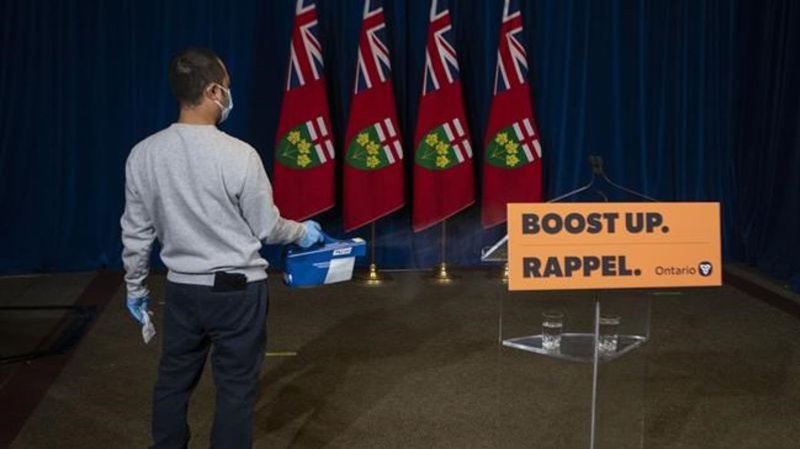
‘Infection doesn’t protect you’: Getting COVID twice is more common as immunity wanes
REGINA — Christine Enns said she was shocked when a rapid test showed she had tested positive for COVID-19.
Enns, who received two doses of COVID-19 vaccine and a booster shot, already had the virus in early February and thought reinfection was rare.
“I started feeling sick three to four days ago thinking, ‘This feels like COVID.’ I took five tests and …today it came back positive,” the bakery owner said Friday from her home in Warren, Mba., about 45 kilometres north of Winnipeg.
“It did come as a surprise to me because of all the things I put in place to not get it. Now that I had it twice, I don’t feel quite as invincible.”
